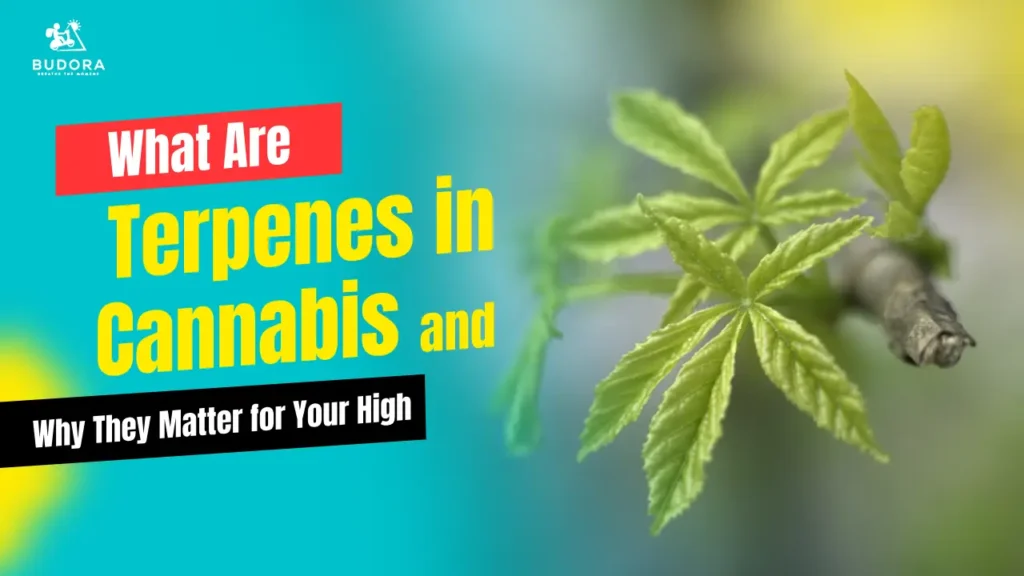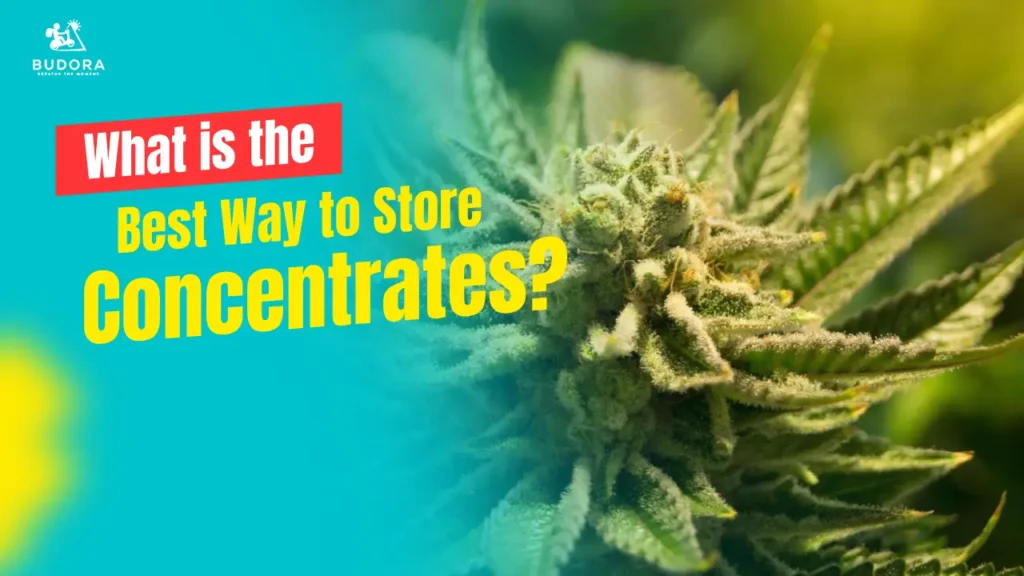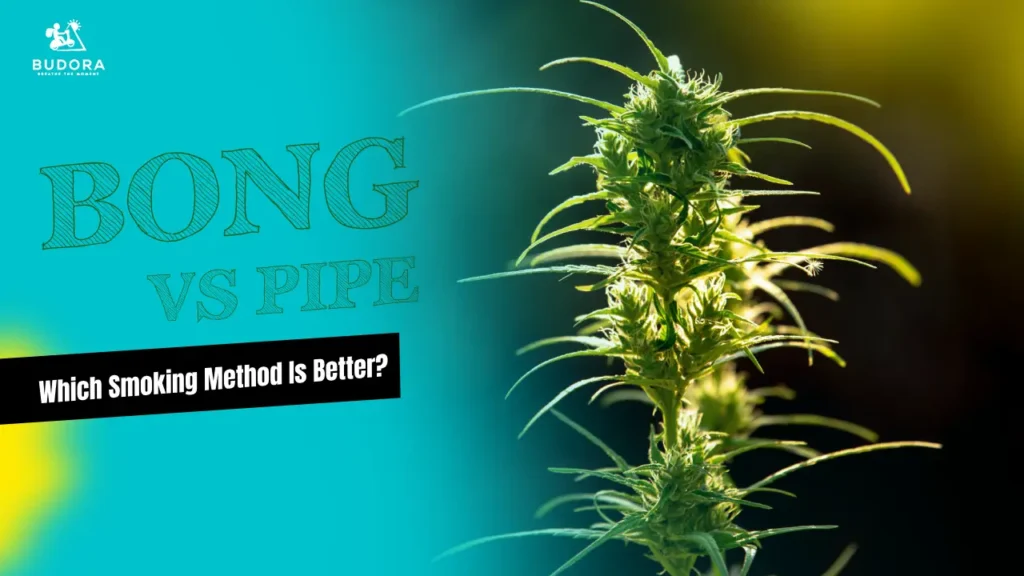Blog
Cannabis for Parents: Can You Use Weed and Still Be a Good Mom or Dad?
- Budora Team
- No Comments
- Cannabis WeedBlogs
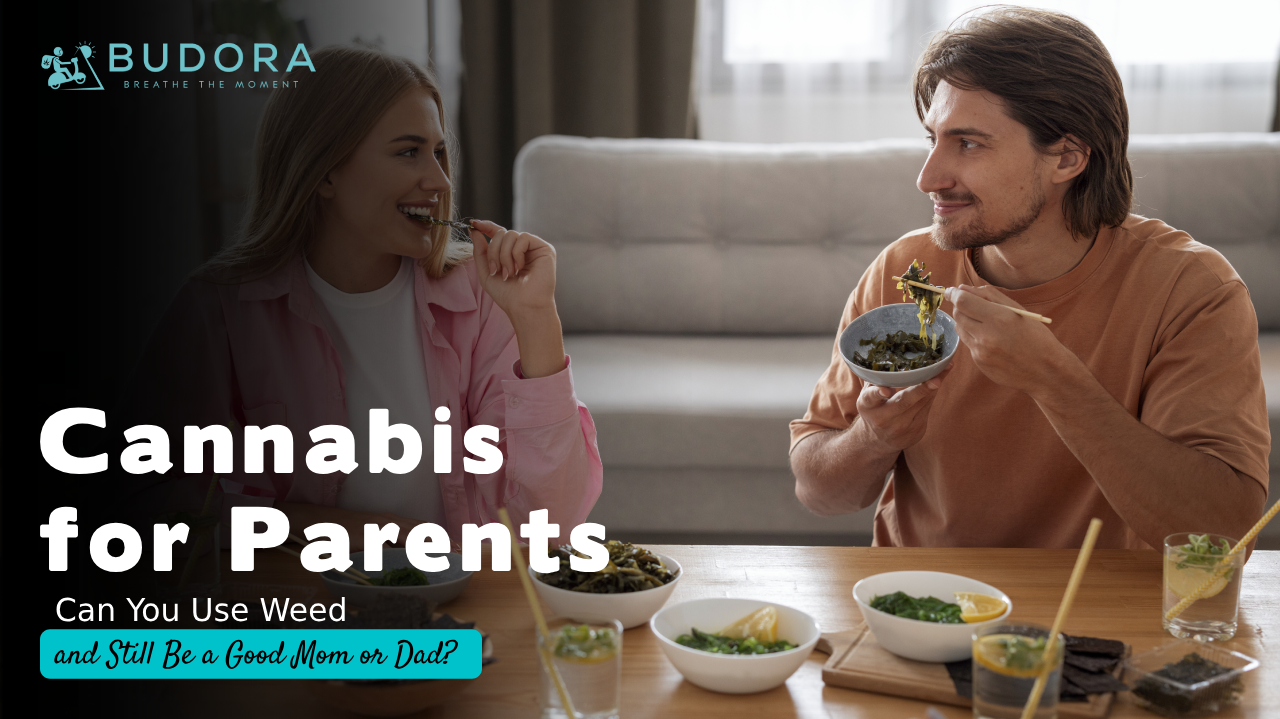
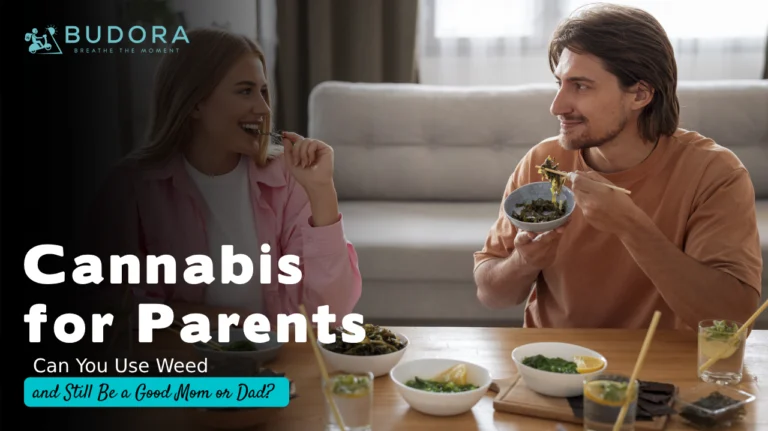
In today’s evolving societal landscape, the conversation around cannabis use has shifted significantly. With the legalization of marijuana in various regions, many parents find themselves questioning: Can I use cannabis and still be an effective, loving parent? This article delves into the nuances of cannabis use among parents, exploring its potential benefits, risks, and best practices to ensure responsible consumption.
Key Highlights
- Responsible cannabis use can help parents manage stress and anxiety while maintaining strong, attentive relationships with their children.
- Microdosing and safe consumption practices allow parents to benefit from cannabis without impairing their caregiving abilities.
- Open communication, secure storage, and awareness of legal and social factors are essential for integrating cannabis into family life safely.
Understanding the Modern Parent’s Relationship with Cannabis
The stereotype of the negligent “stoner parent” is increasingly being challenged. Many parents report that moderate cannabis use helps them manage stress, anxiety, and even chronic pain, allowing them to be more present and patient with their children. For instance, some parents have shared that cannabis aids in reducing anxiety, leading to more mindful interactions with their kids.
Potential Benefits of Cannabis Use for Parents
Stress and Anxiety Management
Parenting is inherently stressful. Some parents find that cannabis helps alleviate anxiety, promoting a calmer demeanor and improved patience. Among the various options available, Indica-based approaches to anxiety relief are gaining attention for their calming and soothing effects. This can lead to more positive parent-child interactions and a more harmonious household.
Enhanced Presence and Engagement
Certain strains of cannabis, particularly those high in CBD, may aid in enhancing focus and presence. Parents have reported that, when used responsibly, cannabis can make routine activities more enjoyable and engaging, fostering stronger bonds with their children.
Alternative to Other Substances
Some parents view cannabis as a preferable alternative to alcohol or prescription medications for managing stress or medical conditions. They argue that, when used responsibly, cannabis can be a safer option with fewer side effects.
Risks and Considerations
Impaired Judgment and Responsiveness
Cannabis can impair cognitive functions, affecting a parent’s ability to respond promptly to their child’s needs. It’s crucial to ensure that cannabis use does not interfere with the ability to provide a safe and attentive environment.
Secondhand Exposure
Children exposed to secondhand cannabis smoke may face health risks. It’s essential to consume cannabis away from children and in well-ventilated areas to minimize exposure.
Legal Implications
Despite legalization in some areas, cannabis use can still have legal ramifications, especially concerning child custody and welfare. Parents should be aware of local laws and regulations to avoid potential legal issues.
Best Practices for Responsible Cannabis Use
- Timing and Setting: Consume cannabis during times when parental responsibilities are minimal, such as after children are asleep. Ensure that another sober adult is present if children are awake.
- Safe Storage:
Safe storage and responsible consumption are easier with cannabis delivery in Vancouver, which brings products directly to your door.
- Open Communication: As children grow older, having honest conversations about cannabis can demystify its use and promote responsible attitudes. Discussing the reasons for use and setting clear boundaries can foster trust and understanding.
Microdosing: A Smart Choice for Parents
One increasingly popular option among parents is microdosing—consuming very small amounts of cannabis to enjoy mild effects without impairment. As more studies explore the use of microdosing cannabis for mental health, many parents are finding it helpful for managing everyday stress and maintaining emotional stability.
Benefits of microdosing for parents:
- Subtle mood enhancement
- Improved focus and reduced anxiety
- No significant alteration in behavior or alertness
Microdosing allows parents to stay present and engaged while using cannabis more mindfully. Products like low-dose edibles or vape pens with precise dosing are great entry points.
Addressing the Stigma Around Parenting and Cannabis
Even in legal regions, the social stigma of cannabis use, especially among mothers, is alive and well. While dads might be seen as “cool” for lighting up, moms often face harsher judgment.
This double standard can create guilt and shame, even when a parent is using cannabis responsibly. But the narrative is changing. Communities, influencers, and even some pediatricians are advocating for honest, stigma-free conversations around parenting and cannabis.
Support groups and online forums such as #cannamoms or parent-focused cannabis blogs provide solidarity and safe spaces for sharing stories and tips. Legal cannabis doesn’t automatically erase bias, but education, transparency, and normalization help.
Setting Healthy Boundaries with Cannabis at Home
Just like with any adult behavior, it’s essential to create clear boundaries:
- Keep all cannabis products locked and out of reach.
- Avoid use during times when you need to drive, supervise active play, or make critical decisions.
- Educate children in an age-appropriate way (more on this below).
Consistency, communication, and safety are the pillars of healthy cannabis use around children.
How to Talk to Your Kids About Cannabis
If your kids are old enough to ask questions, it’s time to have an honest conversation. Avoid scare tactics or mixed messages. Instead:
- Be age-appropriate and honest.
- Compare cannabis to things they understand—like coffee, alcohol, or medicine.
- Emphasize that cannabis is for adults and should be used responsibly.
Being open with your children sets the stage for mutual trust and helps break cycles of shame and misinformation.
Legal Implications
Despite legalization in some areas, cannabis use can still have legal ramifications, especially concerning child custody and welfare. Parents in Vancouver should be cautious when using cannabis and consider services that prioritize legal compliance, such as trusted weed delivery Vancouver companies that follow local regulations.
Conclusion
The question of whether one can be a good parent while using cannabis doesn’t have a one-size-fits-all answer. It largely depends on individual circumstances, the reasons for use, and how cannabis is consumed. By prioritizing the well-being of their children, staying informed, and practicing responsible consumption, many parents find that they can incorporate cannabis into their lives without compromising their parenting responsibilities.
FAQs About Cannabis for Parents
How does cannabis affect parenting?
Acute cannabis use can impair cognitive functions, leading to increased impulsivity, relaxation, or even paranoia. These effects can interfere with parenting behaviors, potentially causing irritability or aggressive parenting. It’s important for parents to be mindful of how cannabis may influence their behavior and interactions with their children.
Does cannabis cause dependence?
Yes, cannabis can lead to dependence. Continued, frequent, and heavy use may result in physical dependency and addiction. Tolerance can also develop, meaning that higher doses are required to achieve the same effects. It’s important to use cannabis responsibly to avoid developing these issues.
How does cannabis affect youth?
Marijuana use in adolescents can interfere with normal brain development, affecting learning, memory, coordination, reaction time, and judgment. Heavy use in teens is associated with hallucinations, paranoia, and various emotional challenges. It’s critical to consider the long-term effects of cannabis on developing brains.
Does cannabis prevent aging?
Research suggests that low-dose, long-term cannabis use may have anti-aging effects, particularly in the brain. Studies from the University Hospital Bonn (UKB) and Hebrew University have shown that cannabis can reverse some aging processes in the brain in mice, potentially offering therapeutic benefits for age-related decline.
Like this article?

Budora Team
OTHER ARTICLES YOU MAY LIKE
What Are Terpenes in Cannabis and Why They Matter for Your High
What Is the Best Way to Store Concentrates?
Bong vs Pipe: Which Smoking Method Is Better?
No account yet?
Create an Account
Welcome! Please verify your age to enter.
Are you 19 years or older?

